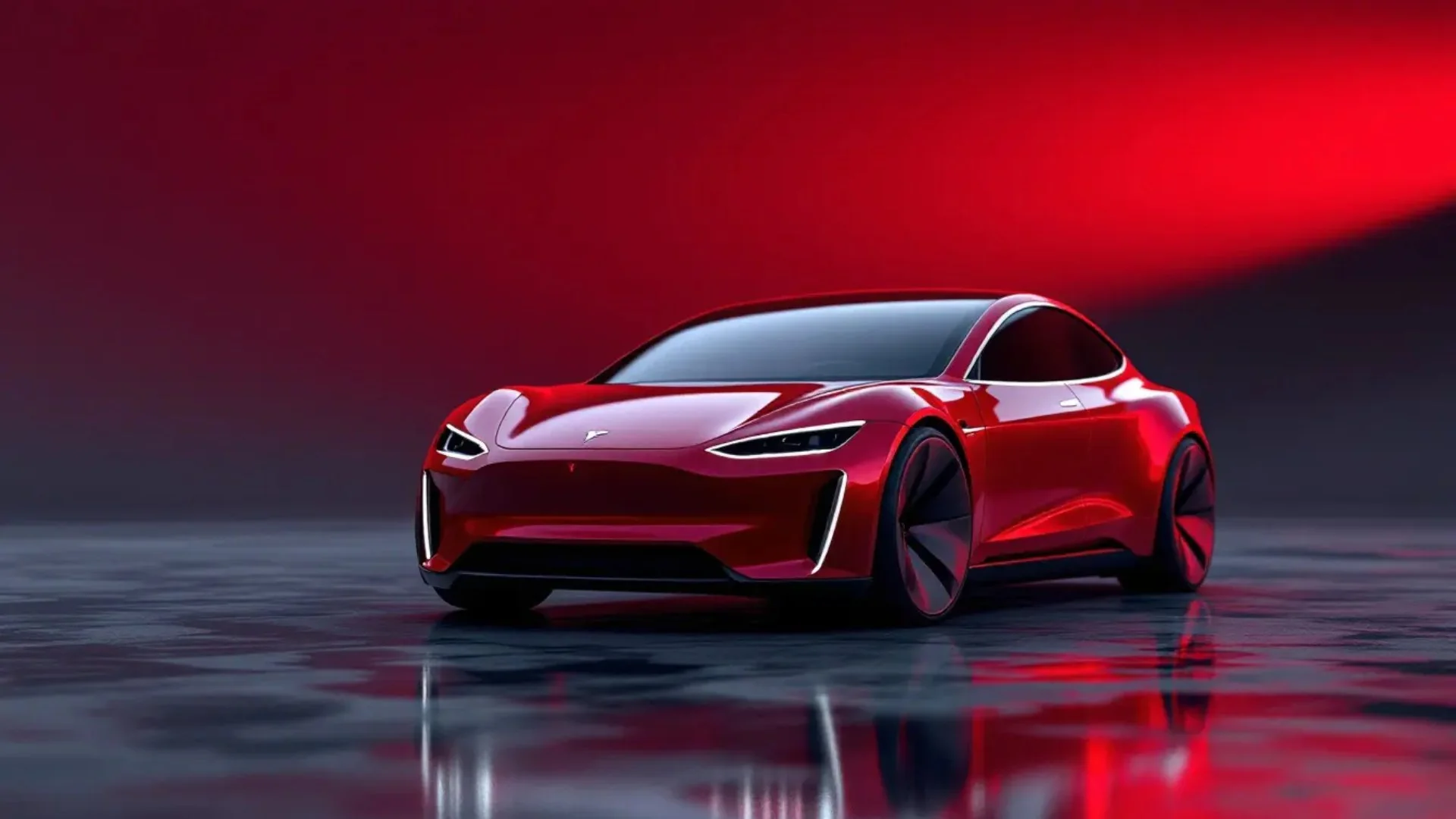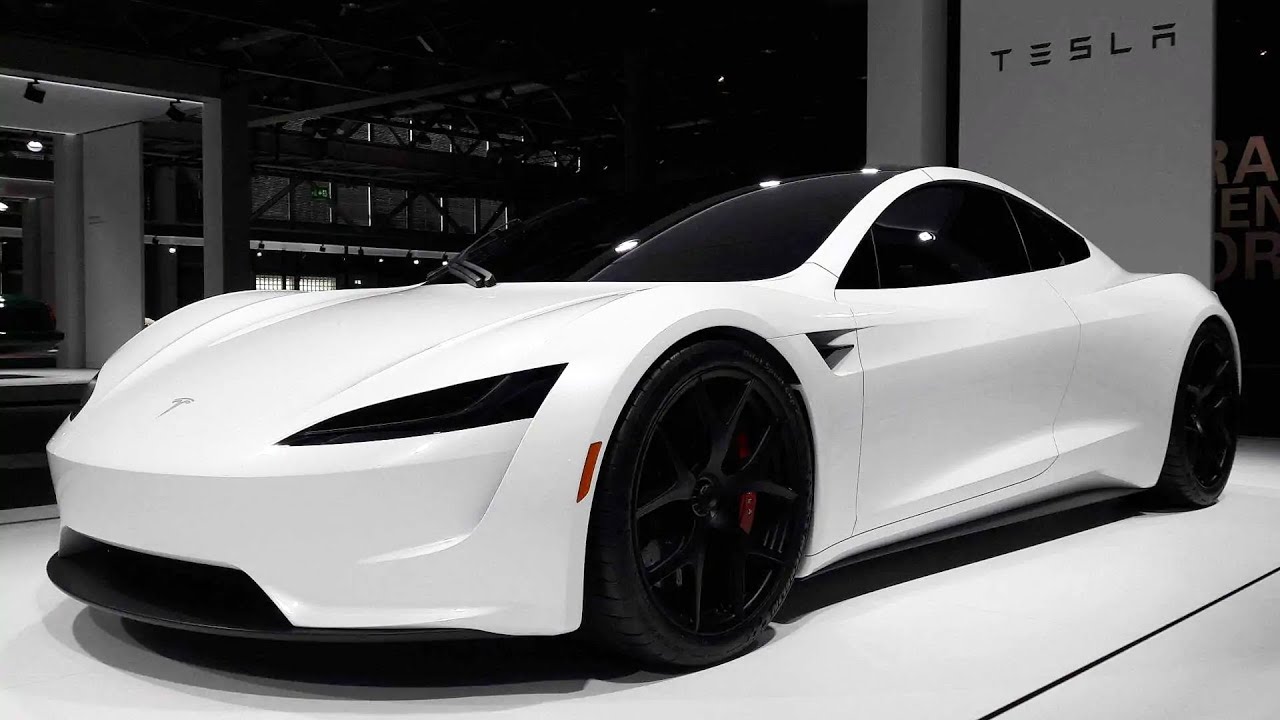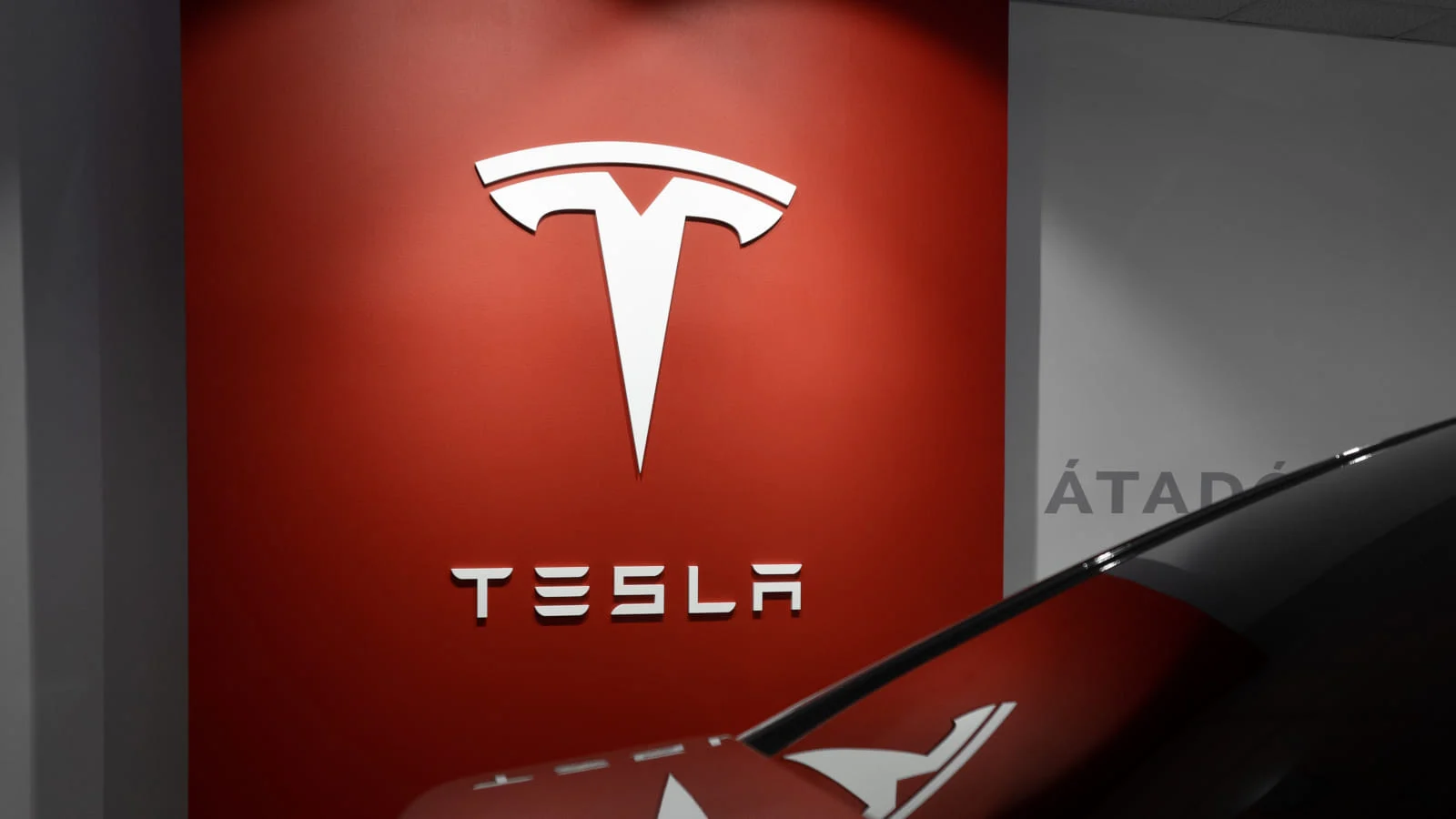Tesla is facing significant political and competitive challenges as it goes through the evolving world of the electric vehicle (EV) industry. Politically, the company has come under scrutiny in the United States due to various issues, including regulatory concerns and labor practices.
The National Highway Traffic Safety Administration (NHTSA) is investigating several incidents involving Tesla’s Autopilot system, which has raised questions about the safety and reliability of the technology. Additionally, Tesla has faced criticism for its labor practices and treatment of workers, particularly regarding efforts to unionize its workforce.

Competitively, Tesla’s dominance in the EV market is being challenged by traditional automakers and new entrants alike. Companies such as General Motors, Ford, and Volkswagen are ramping up their EV production and introducing new models that compete directly with Tesla’s offerings.
These automakers are leveraging their extensive manufacturing capabilities and brand recognition to capture a larger share of the growing EV market. Moreover, new players from China, like NIO and BYD, are also entering the fray with innovative and cost effective EV solutions.
Despite these challenges, Tesla continues to innovate and expand its product lineup. The company is preparing to launch several highly anticipated models, including the Cybertruck and the Tesla Semi. These new vehicles are expected to bolster Tesla’s position in the market and attract a broader customer base.

Additionally, Tesla is investing heavily in expanding its manufacturing capacity, with new factories in Texas and Germany to increase production volumes and reduce costs. While Tesla remains a leader in the EV industry, it must go through these political and competitive challenges carefully.
The company’s ability to address regulatory concerns, improve labor relations, and stay ahead of its rivals will be critical to maintaining its market position and driving future growth.

